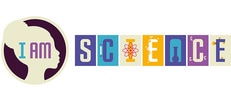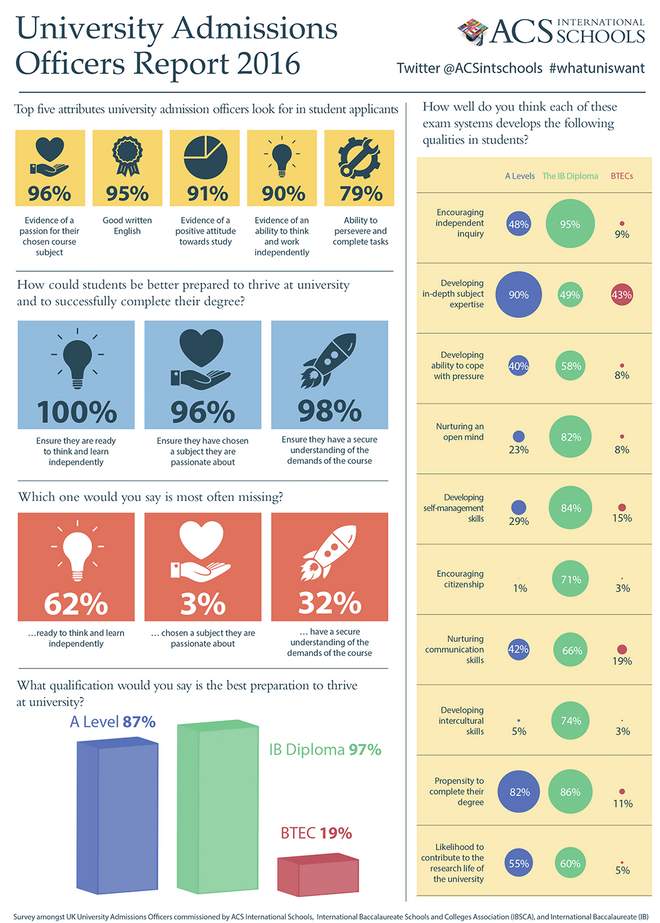|
The current episode of Star Talk is about a interesting tool, that could have the ability to improve how we consume news. Neil and Chuck (yes I am on a first name basis with them) interview Max Tegmark: a physicist from MIT and the developer of ImproveTheNews.org. This open source site allows/ encourages the reader to "choose your news diet the way you aim to choose your food: deliberately rather than impulsively" with the use of sliders. The video (about 5 minutes) explains how to use the website. I also encourage you to give this episode of Star Talk a listen as the guest speakers do a much better job explaining the current issues with news and journalism than I could.
I believe ImproveTheNews.org could be a great asset to students and teachers in the classroom. How could you implement this tool?
0 Comments
Why do we have grades? How often do teachers say the students don't care about an assignment unless they receive a grade? Are grades are for the students and their success or are they for the adults? Have you had parents call concerned about students grades but not student growth? How many students have dropped out of school because they will never be able to make the grade? For learning to happen students have to be awake and engaged. Are grades the answer to getting and keeping my students engaged? Students will often ask is this a grade? The implied meaning being that if it is not graded, then the assignment or activity is not essential. When students are given a choice, they ask which option is the easiest? The hidden message: I will do the easier one not because I am lazy but because I want to ensure I get the best grade possible. Many teachers engage in "gotcha you grading," pop quizzes to prove that students are not prepared, or trick questions. But why? I thought school was about learning, but the longer I am a teacher, the more I come to understand that school is about grades. Students beg for good grades (an A+ please) and teachers and parents pester students about grades (that should be an A+). What do grades measure? The ability for students to memorize and follow instructions? Time management? When students fail to make good grades, I hear adults say that student is _______ (insert negative adjective: lazy, careless, dumb, stupid). I want to venture that it is not the student nor the fact that they are lazy, dumb, etc. but the supposition that grades motivate all students. Maybe there is a better way to ensure that students come to class prepared. Could school work with grades? Or is the only way to engage with students by slapping a number in red pen on the paper? Without grades what would teachers and students focus on? Some schools and schools districts are moving in that direction. At Brooklyn's Middle School 442, students and teachers are focused on ensuring students are mastering the material, there is no "C or a D for a lazily written term paper. There is no failing. The only goal is to learn the material, sooner or later." As a teacher, I want to ensure that I can help every student I teacher to grow as a student and to meet every milestone. I hope that the field of education one day gets to a place where the importance is placed not on the grade but on the student and their learning. https://www.understood.org/en/community-events/blogs/the-inside-track/2018/05/29/no-grades-no-grades-what-happened-when-this-new-hampshire-school-did-away-with-them
https://www.nytimes.com/2017/08/11/nyregion/mastery-based-learning-no-grades.html What is the purpose of education in the 21st century? What is the best way to ensure that students are not only prepared to take on global issues but are working currently to solve current local and global problems? How does a teacher know that they have been successful? Success looks like students who are willing to take risks and teachers who are willing to place the learning back in the hands of the students, giving the students the opportunity to solve problems they are facing, to display their passion, and who are excited about learning. Teachers at QISS strive to use multiple methods to access student learning including the yearly science fair and other quarterly showcases of student learning called key assignments (KA). While students are displaying high achievement as measured by the current expectations and opportunities, some of these projects lack student agency. In the article "What is student agency?" Margolis, states that giving students more agency over their learning builds skills such as perseverance, creativity, confidence, curiosity, and leadership skills (2016). Not only are these skills developed when students direct their learning, but positive effects for both teacher and student are increased: an increase in critical thinking and problem solving, being able to connect content to their own lives, teachers are able to reach every student, and teachers can help students learn how to think not what to think. According to John Hattie (2012) to truly have a positive impact on student achievement, teachers and schools should focus on the methods that are best at increasing student outcomes. Through years of research, he has ranked factors by the effect size they have on student outcomes. A method with an effective size of 0.4 or higher is said to have a high level of effect on student achievement. Towards the top of list of factors that influence student achievement include self – efficacy (effect size: 0.92), the belief in one's ability to succeed in specific situations or accomplish a task, seeking help from peers (effect size: 0.83), effort (effect size: 0.77), student self reflection and evaluation (effect size: 0.75), and deep motivation (effect size: 0.69). Many competitive colleges and universities are changing the requirements and expectations for incoming students. Harvard, which consistently ranked as one of the top five best universities, lists the following as questions admissions officers think about when looking at potential students: Do you have initiative? Are you a self-starter? What motivates you? What have you learned from your interests? What have you done with your interests? How have you achieved results? With what success or failure? What have you learned as a result? What is the quality of your activities? Do you appear to have a genuine commitment or leadership role? A passion project also called innovation project, inspiration project, or genius hour is the opportunity for students to engage in learning topics and content that is interesting to them. This concept is said to have started at Silicon Valley giant Google. The search engine company allowed and encouraged its engineers to spend 20% of their time working on a personal pet project. Many companies would balk at allowing their employees time to work on personal projects feeling like it would be a waste of time and company resources. In the years since Google has implemented this change, 50% of the company’s new products have come from this time. This concept could easily be translated to students. Innovation projects would allow students to meet the newly changing requirements of the world’s top universities. With the implementation of innovation projects, students are more likely to make connections to the real world and more likely to take on global and local issues. Teacher collaboration would happen more often and more naturally between subject areas as evidenced by teachers mentoring students, and students would also be able to see the interconnectedness of the curriculum. As Stevens (2018) says, learner agency allows learning to move from “Do as I say, to based on your needs, let’s co-develop and implement a plan of action together.” Ali Student Editor, A. (2016, July 22). The 10 things university admissions officers look for in students' applications. Retrieved July 4, 2018, from https://www.independent.co.uk/student/into-university/applying/tips-on-applying-to-university-through-ucas-clearing-adjustment-what-to-write-a7150121.html Hattie, J. (2012). Visible Learning for Teachers: Maximizing Impact on Learning. New York, New York: Routledge. Margolis, A. (2016, March 23). What is student agency? Retrieved July 4, 2018, from https://inspiredteaching.org/what-is-student-agency/ Stevens, J. B. (2018, February 22). Learner Agency: Pushing the Boundaries of Educational Possibilities in the Digital Age. Retrieved July 4, 2018, from https://pllc.fi.ncsu.edu/2018/02/22/learner-agency-pushing-the-boundaries-of-educational-possibilities-in-the-digital-age/ Categories |
Jamie HartA teacher from the United States of America, currently teaching abroad. I teach science to middle and high school students. I enjoy reading and doing nerd things. Archives
April 2023
Categories
All
|




 RSS Feed
RSS Feed
